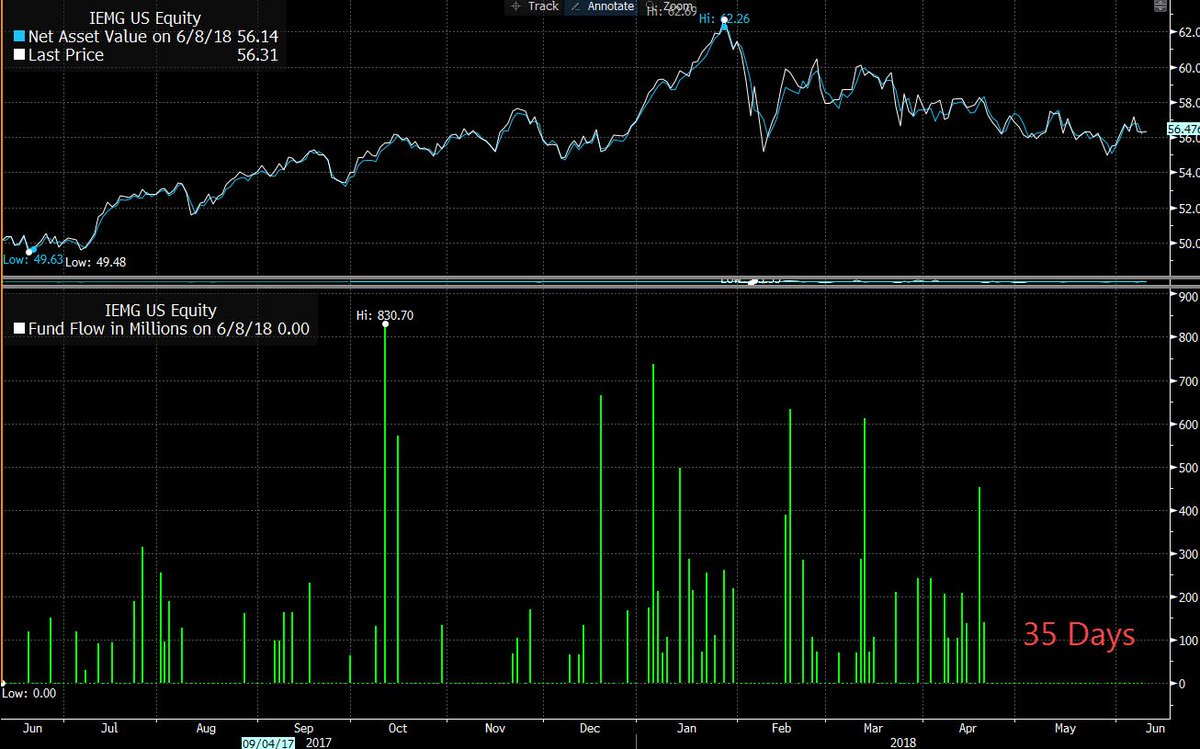Dave Nadig
2:59
3:00
3:00
3:01
Ben F.
3:01
Dave Nadig
3:01
3:02
3:02
3:03
3:03
3:03
3:04
3:04
3:05
Alex L.
3:05
Dave Nadig
3:05
3:06
3:06
3:07
3:07
3:08
3:08
3:08
3:09
3:09
3:09
Bailey Ferguson
3:10
Dave Nadig
3:10
3:11
3:11
3:12
3:12
3:12
3:12
3:13
3:13
Roger Barnum
3:13
Dave Nadig
3:13
3:14
3:14
Connecting…


